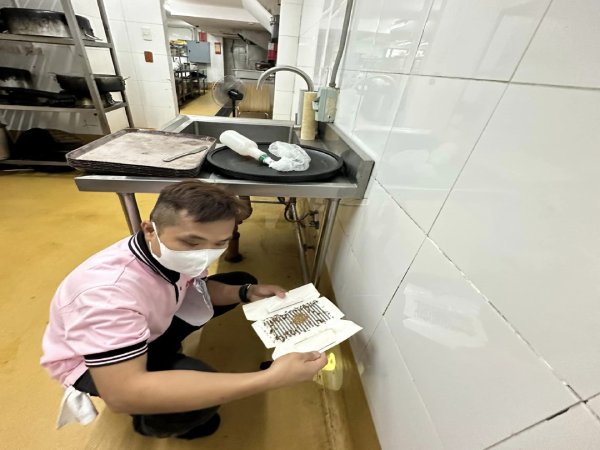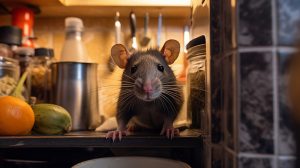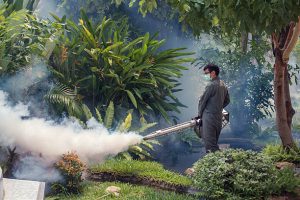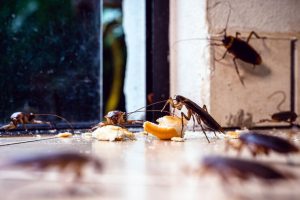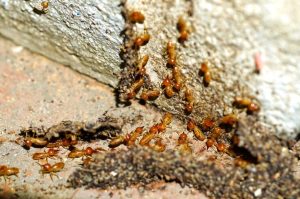In the bustling metropolis of Manila, pest infestations can pose significant challenges for homeowners and businesses alike. From cockroaches to rodents, pests can not only be a nuisance but also a threat to health and property. However, traditional pest control in Manila methods often involve harsh chemicals that can harm the environment and endanger human health. Fortunately, there’s a solution: eco-friendly pest control. In this comprehensive guide, we’ll explore eco-friendly pest control in Manila methods tailored to Manila’s unique environment, brought to you by MR Pest Control.
Understanding Pest Control in Manila
Manila’s tropical climate provides an ideal breeding ground for various pests, including cockroaches, mosquitoes, termites, and rodents. The dense urban landscape exacerbates pest problems, making effective pest control strategies essential for residents and businesses.
The Environmental Impact of Traditional Pest Control Methods
Traditional pest control in Manila methods often rely on chemical pesticides and insecticides, which can have harmful effects on the environment. These chemicals can leach into soil and waterways, contaminating ecosystems and endangering wildlife. Additionally, exposure to pesticide residues can pose health risks to humans and pets.
Benefits of Eco-Friendly Pest Control
Eco-friendly pest control offers a sustainable alternative to traditional methods, minimizing environmental impact while effectively managing pest populations. By using natural, non-toxic ingredients, eco-friendly solutions prioritize the health of both humans and the environment.
Eco-Friendly Pest Control Solutions
- Integrated Pest Management (IPM): IPM is a holistic approach to pest control that focuses on prevention, monitoring, and control. By employing techniques such as habitat modification, biological control, and natural predators, IPM minimizes the need for chemical interventions.
- Natural Repellents: Essential oils such as peppermint, lavender, and citronella can act as natural repellents for pests like mosquitoes and ants. These oils are safe for humans and pets while effectively deterring pests from infesting homes and businesses.
- Biological Control: Introducing natural predators or parasites to target specific pest populations can help maintain ecological balance without the use of chemicals. For example, ladybugs can control aphid populations in gardens, reducing the need for insecticides.
- Physical Barriers: Sealing cracks and crevices, installing screens on windows and doors, and using mesh barriers in gardens can prevent pests from entering buildings and damaging crops. These physical barriers are non-toxic and sustainable solutions to pest control.
- Organic Pest Control Products: MR Pest Control offers a range of organic pest control products derived from natural ingredients such as plant extracts and microbial agents. These products are effective against common pests while minimizing environmental impact.
Choosing Eco-Friendly Pest Control Services
When selecting a pest control in Manila, it’s essential to choose a company that prioritizes environmental sustainability. MR Pest Control is committed to eco-friendly practices, offering tailored solutions that address pest problems without harming the environment. Our team of experts utilizes advanced techniques and natural products to deliver effective results while minimizing ecological impact.
Effective pest control in Manila is crucial for maintaining healthy living and working environments in Manila. By adopting eco-friendly pest control methods, residents and businesses can manage pest infestations while protecting the environment and safeguarding public health. With MR Pest Control’s expertise and commitment to sustainability, eco-friendly pest control solutions are readily available to address the unique pest challenges faced in Manila. Contact us today to learn more about our eco-friendly pest control services and take proactive steps towards a pest-free and sustainable future.
read more